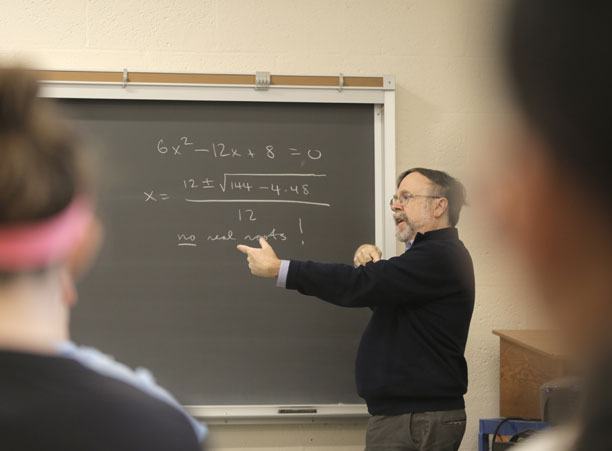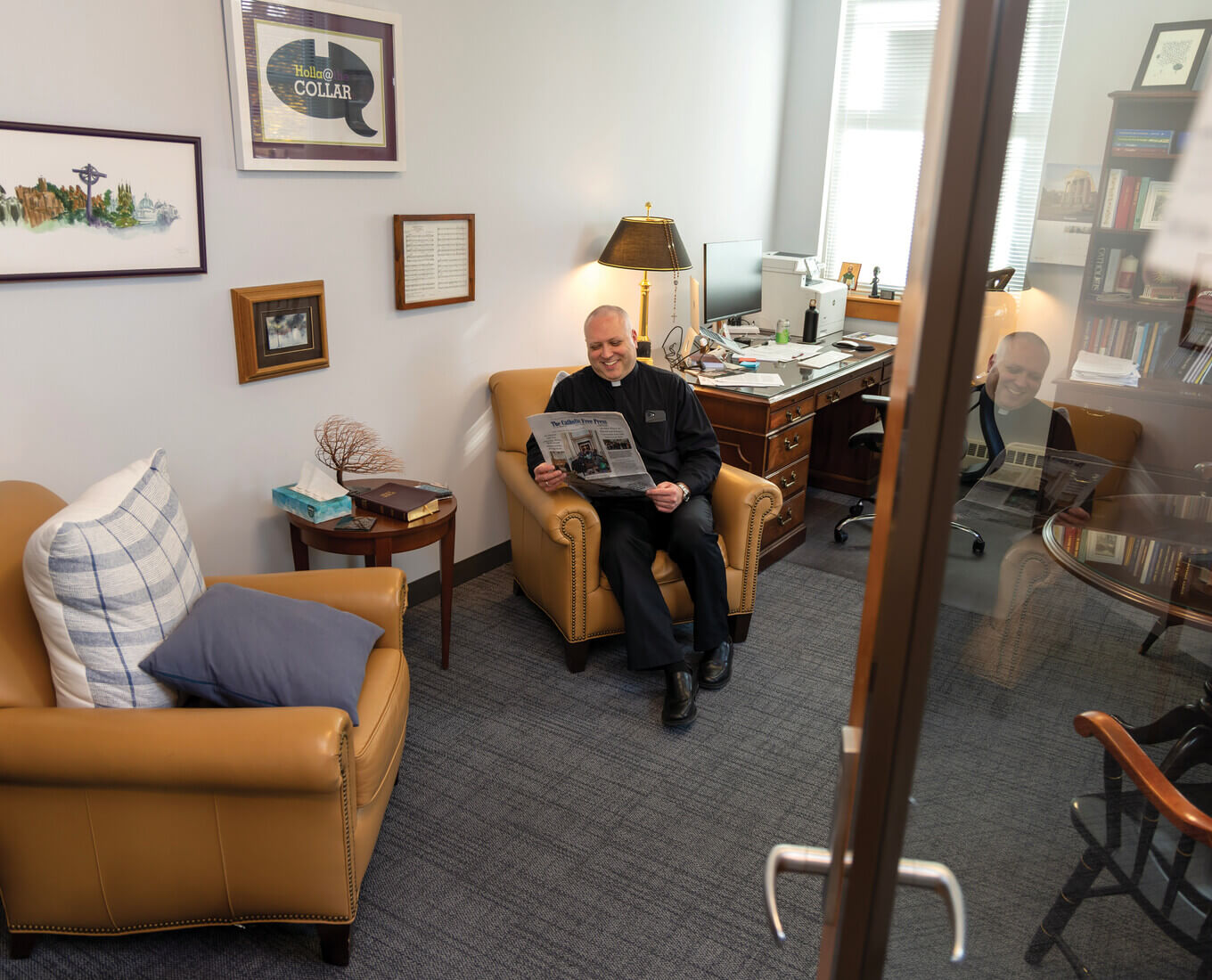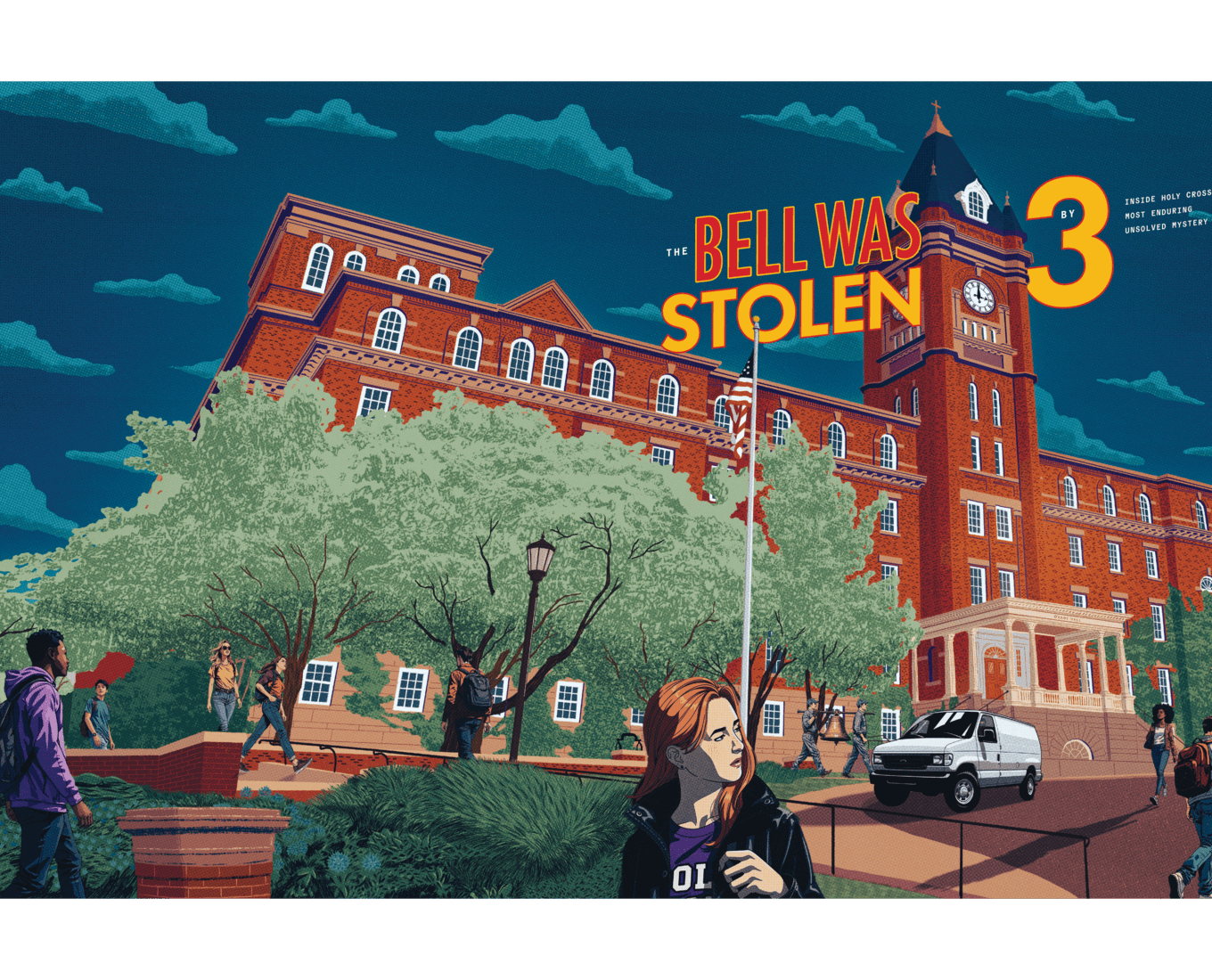 Algebraic geometry may seem daunting to students, but thanks to John Little, professor of mathematics, the topic has become more accessible than ever. Little’s textbook, “Ideals, Varieties, and Algorithms: An Introduction to Computational Algebraic Geometry and Commutative Algebra” coauthored by David Cox (Amherst College) and Donal O’Shea (New College of Florida), has brought algebraic geometry and commutative algebra into the mathematical mainstream and to a broader audience, particularly undergraduate students.
Algebraic geometry may seem daunting to students, but thanks to John Little, professor of mathematics, the topic has become more accessible than ever. Little’s textbook, “Ideals, Varieties, and Algorithms: An Introduction to Computational Algebraic Geometry and Commutative Algebra” coauthored by David Cox (Amherst College) and Donal O’Shea (New College of Florida), has brought algebraic geometry and commutative algebra into the mathematical mainstream and to a broader audience, particularly undergraduate students.
The book, which was originally published in 1992, was honored by the American Mathematical Society (AMS), a society involved in the highest level of mathematics research. Little, Cox, and O’Shea were awarded the 2016 AMS Leroy P. Steele Prize for Exposition, one of the highest distinctions in mathematics.
According to the AMS, this book shows that mathematicians at small colleges, including the three authors, make significant contributions to the advancement of mathematics, the training of future mathematicians, and the application of mathematics to other disciplines.
“Even more impressive than the book's clarity of exposition is the impact it has had on mathematics," the prize citation stated. "Cox, Little, and O’Shea have not only introduced many to algebraic geometry, they have actually broadened how the subject could be taught and who could use it."
By using clear exposition, and only relying upon an understanding of linear algebra as a prerequisite, the book has become widely known outside the world of pure mathematics and mathematical teaching, serving those in fields including electrical and mechanical engineering and computer science.
Algebraic geometry and commutative algebra were once exclusively taught to graduate students and involved abstract mathematics. With the development of new algorithms and computers fast enough to run them, mathematicians were able to investigate more complex examples that simply could not be done by hand, dramatically changing the practice and significance of these topics.
Seeing this shift, Little and his coauthors recognized the value in introducing algebraic geometry and commutative algebra to students earlier by integrating the topics into the undergraduate student curriculum.
“The book was specifically written to be understandable for undergraduates,” says Little. “It is a subject that is typically seen as abstract and has the reputation of being difficult. Accessibility was the guiding principle in how we wrote it.”
The AMS seldom offers such high recognition to primarily undergraduate textbooks—a testament to the book’s value and impact.
“This book really grew out of being an educator at a place that values teaching to the extent that Holy Cross does,” shares Little, who says he wrote the book with the hopes of teaching it in courses on campus.
“Because of the combination of clear exposition, examples that students can work through, and useful computer programs, the book is a very user-friendly text,” explains Steven Levandosky, associate professor and chair of the mathematics and computer science department. “These qualities are a reflection of similar traits present in John’s courses.”
Little, who was the recipient of the Holy Cross Distinguished Teaching Award in 2003, has taught over 30 different courses in the department, including seminars in the Montserrat program, since joining the faculty in 1980. He has supervised a Fenwick Scholar, several mathematics honors theses, as well as summer research projects at Holy Cross and elsewhere, often utilizing mathematics introduced in “Ideals, Varieties, and Algorithms.”
Related information
Professor Makes Complex Mathematics Accessible to Undergraduate Students
John Little received the prestigious AMS Leroy P. Steele Prize for Exposition for his co-authored book, “Ideals, Varieties, and Algorithms”
Read Time
2 Minutes

